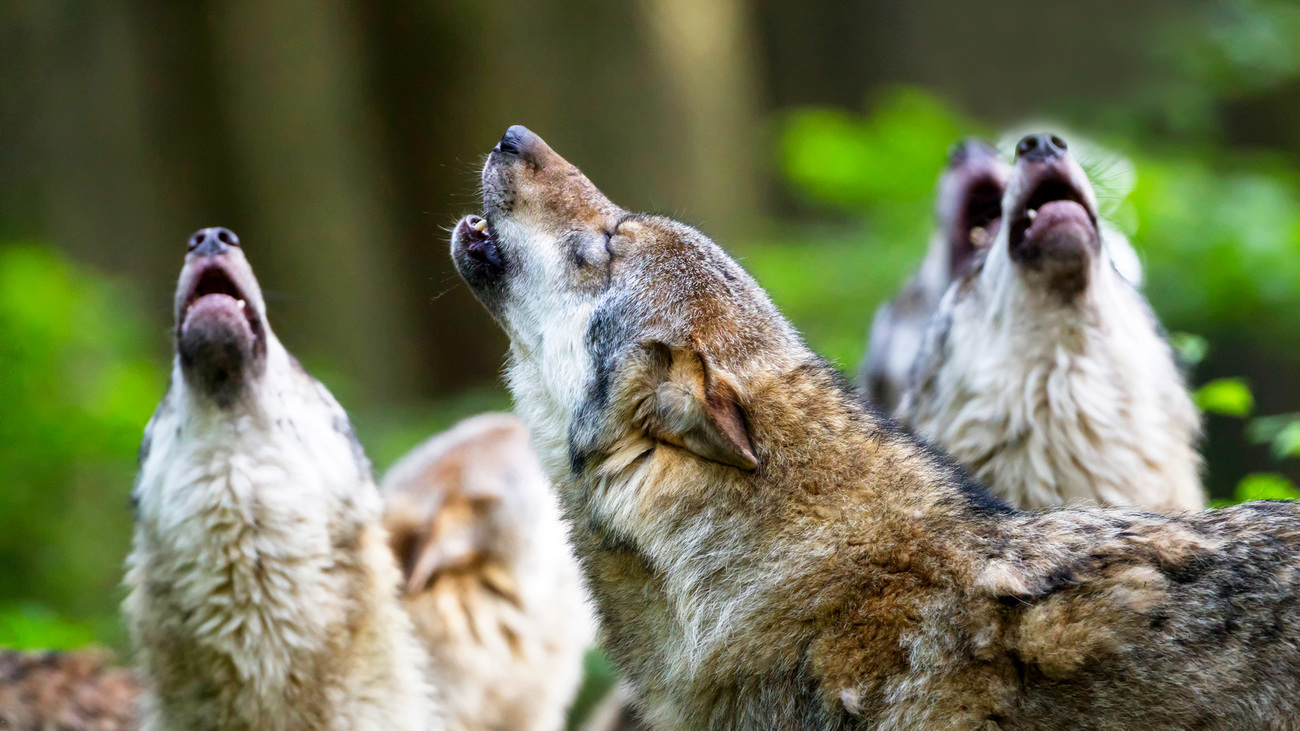Wild animals are the unsung heroes of climate action
Wild animals are the unsung heroes of climate action

For humans and animals alike, climate change represents an existential threat to our way of life. In fact, our fates are inextricably linked. Despite our human tendency to see ourselves as separate from nature, we are very much a part of it. If nature suffers, we suffer too.
Understandably given what is at stake for millions of people all over the world, including many of the already most vulnerable, there is a desire to prioritise human over animal victims. But what if we stopped looking at animals as purely victims of the climate crisis, and instead recognised them also as our allies in addressing it?
The animals threatened by climate change can help us tackle it
There is a growing understanding of the importance of nature in combatting climate change. But even in that conversation the focus has tended to be on places—forests, wetlands, mangroves, or seagrasses. These are critical ecosystems for addressing climate change, but they are not static; they do not exist in isolation from their component parts—including animals—that enable them to function and provide critical services such as absorbing and storing carbon from the atmosphere. Science is increasingly showing us that the animals inhabiting and engineering these ecosystems are some of our most powerful allies in combatting climate change. Wildlife has a remarkable but unrecognised way of driving ecosystem processes, including the carbon cycle, and these can be harnessed as nature-based solutions to the climate crisis.
Wild animals provide natural climate solutions in two main ways. First, they protect the carbon that is already stored in nature, preventing it from being released into the atmosphere. Second, they help nature soak up and store even more carbon. Through their critical interactions within the web of life, wild animals help to capture carbon in plants and, ultimately, in soils and sediments.

Enlisting animals to supercharge climate mitigation
The functions performed by animals in the carbon cycle mean that the natural carbon capture and storage capacity of ecosystems could be significantly increased by protecting and enhancing populations of key wildlife species. Scientists suggest that rewilding natural habitats and ecosystems around the world could reduce CO2 emissions in the atmosphere by billions of tonnes annually—an amount that rivals the impacts of the top mitigation measures for climate change.
In fact, protecting and restoring populations of only nine species and species groups—marine fish, whales, sharks, grey wolf, wildebeest, sea otter, musk ox, African forest elephants, and American bison—could collectively facilitate the capture of more than 95% of the amount of CO2 needed every year to help keep global warming below the 1.5°C threshold.
This potential is staggering. And it’s a far more cost-effective solution to climate change than many technological ideas for removing carbon from the atmosphere. By enlisting wild animals to help us, we can supercharge climate mitigation and meet our climate and biodiversity goals more quickly.
The climate benefits of wildlife extend well beyond carbon; conserving wildlife can also help the world’s most vulnerable communities adapt and become more resilient to climate change.
Restoring wild animal populations offers an inspirational vision and practical action we can take to combat climate change today. This means moving towards a world where animal populations are not simply protected for their intrinsic or iconic value, but also for the role they play in helping to regulate climate. This means restoring native populations of key wildlife species, such as elephants, whales, sharks, beavers, sea otters, and wolves, so that they can fulfil their crucial role in shaping forests, grasslands, wetlands, and the ocean, enhancing the carbon cycle one paw, trunk, or fin at a time.
Related content
Our work can’t get done without you. Please give what you can to help animals thrive.